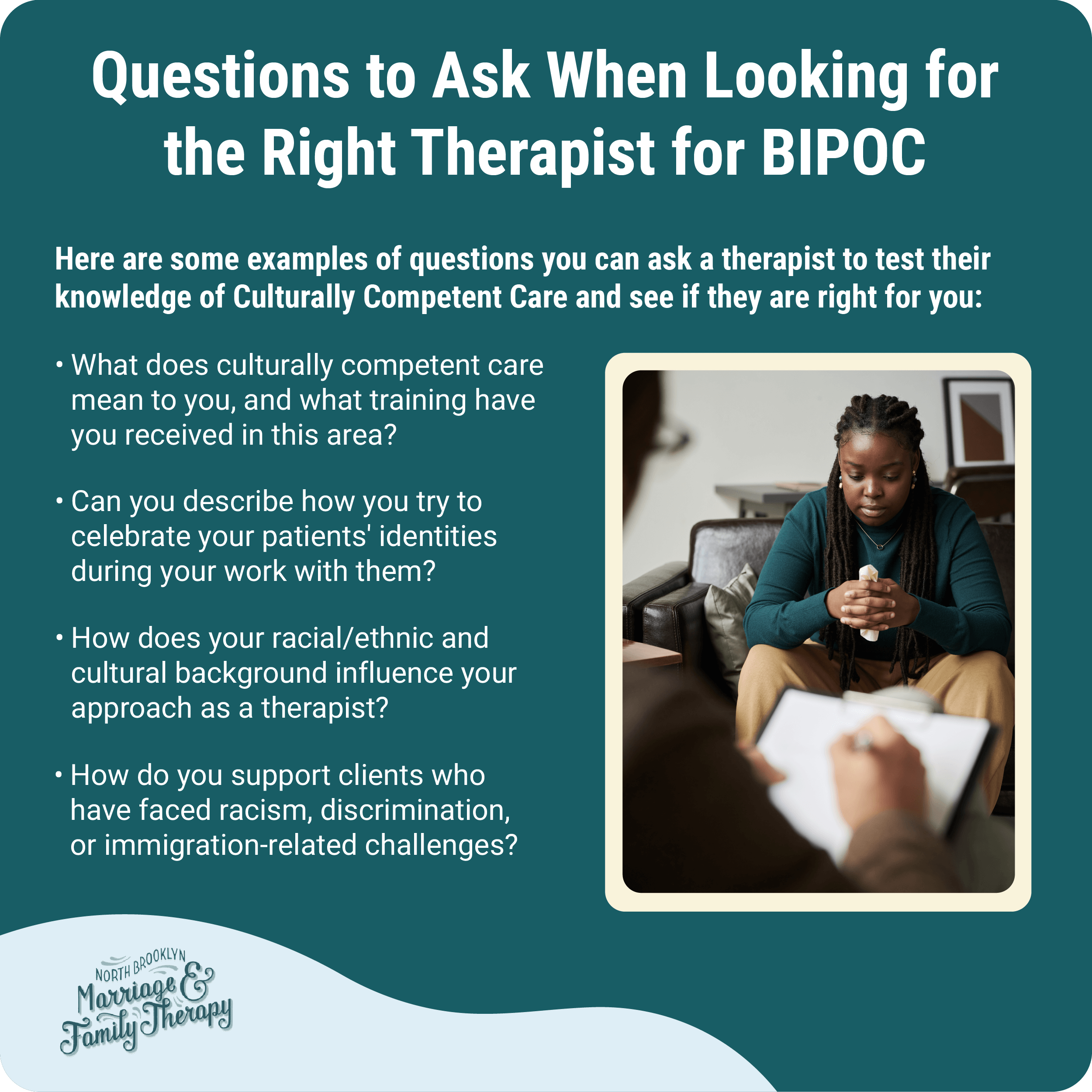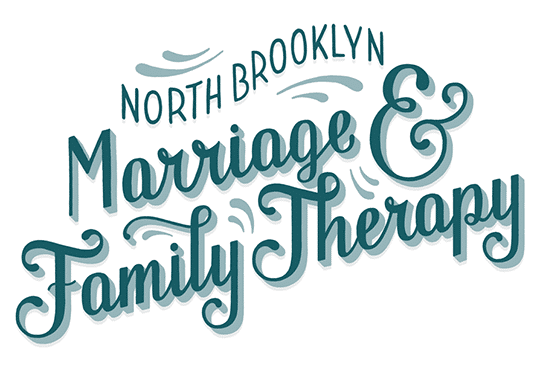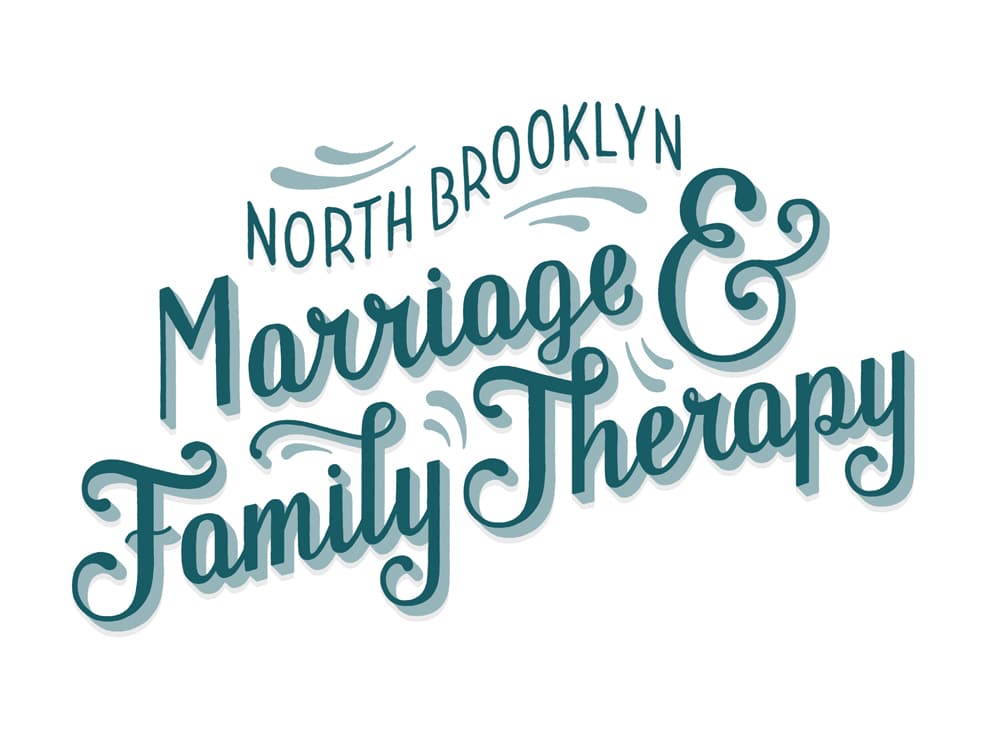As we conclude Black History Month, it’s crucial to acknowledge the profound impact of historical and systemic traumas on the mental health of the Black community. This understanding must remain at the forefront of our minds throughout the year. Black History Month serves as a poignant reminder of the vital role culturally sensitive therapy plays in addressing the unique challenges faced by BIPOC (Black, Indigenous, and Other People of Color) individuals.
Finding a culturally competent therapist in a diverse city like New York City, particularly in Brooklyn, can be daunting. Despite the city’s rich diversity, many BIPOC individuals struggle to find therapists who comprehend their cultural backgrounds and experiences. The lack of representation among mental health professionals, combined with systemic barriers to accessing care, often leaves BIPOC individuals feeling misunderstood and underserved. For a deeper exploration of the challenges BIPOC individuals face in navigating this issue, Dana Givens provides a first-hand account in her 2020 New York Times article.
What Is Culturally Competent Care and Why Is It Important?
So, what exactly is culturally competent care, and why is it crucial? Culturally competent care involves therapists possessing the knowledge, skills, and awareness to effectively engage with clients from various cultural backgrounds. It’s about recognizing and respecting the diverse cultural identities, experiences, and challenges of clients. This approach acknowledges the impact of systemic oppression, historical trauma, and societal disparities on clients’ mental health. Client-centered mental health is especially important when working with marginalized populations.
9 Questions to Ask When Looking for the Right Therapist for BIPOC
Here are some examples of questions you can ask a therapist to test their knowledge of Culturally Competent Care and see if they are right for you:
-
What does culturally competent care mean to you, and what training have you received in this area?
-
Can you describe how you try to celebrate your patients’ identities during your work with them?
-
Socially Locate – I’m part of the (name your community); it’s an important part of my identity. Are you familiar with this community?
-
Ask for the therapist to socially locate.
-
It will be important for me to feel comfortable discussing privilege, racism, discrimination, and/or systemic oppression. Is that something you’d welcome or have experience discussing?
-
How does your racial/ethnic and cultural background influence your approach as a therapist?
-
How do you support clients who have faced racism, discrimination, or immigration-related challenges?
-
Ask the therapist about their experience working with BIPOC clients, their approach to culturally sensitive therapy, and their understanding of your specific cultural background.
-
Consider Cultural Background: While it’s not mandatory, some individuals may prefer a therapist who shares their cultural background. Having a therapist who understands the nuances, traditions, and challenges specific to your cultural identity can foster a deeper sense of understanding and trust.

Cultural Representation Matters
Connecting with a therapist who shares your cultural background can greatly enhance your therapeutic journey. Their familiarity with your cultural nuances, traditions, and challenges offers a profound sense of validation and empowerment. This shared cultural experience lays a solid foundation of trust and rapport, ensuring you feel truly understood and valued during therapy sessions.
Moreover, a culturally congruent therapist is often better equipped to navigate conversations surrounding race and ethnicity. When reaching out to begin your therapeutic journey, especially within group practices during the intake process, it’s entirely acceptable to request a therapist who shares your cultural background.
Growing Need for Culturally Competent Therapy for BIPOC
While strides have been made, there remains a significant disparity in representation within the mental health field. In 2015, statistics showed that 86 percent of psychologists in the U.S. were white. However, there’s reason for optimism as 34 percent of early career psychologists now identify as racial or ethnic minorities, indicating a promising increase in diversity within the profession (source: APA Monitor).
In conclusion, as we reflect on the significance of Black History Month and its implications for mental health, it becomes evident that the need for culturally competent therapy for BIPOC individuals extends far beyond this designated month. The challenges of finding culturally sensitive therapy in a diverse city like New York, particularly in Brooklyn, underscore the ongoing need for increased representation and awareness within the mental health field.
By recognizing the importance of culturally competent care, we can begin to address the systemic barriers that leave BIPOC individuals feeling misunderstood and underserved. As we navigate the complexities of mental health care, it’s crucial to advocate for our own needs and seek out therapists who not only understand our cultural backgrounds but also prioritize our unique experiences and challenges. Through continued education, awareness, and advocacy, we can strive to create a more inclusive and empowering mental health environment for all individuals.
Our experienced therapists for BIPOC in Williamsburg and Greenpoint, Brooklyn, NY, can help you navigate your unique journey in a safe, non judgemental space. Contact us today and learn about our affordable rate options.


